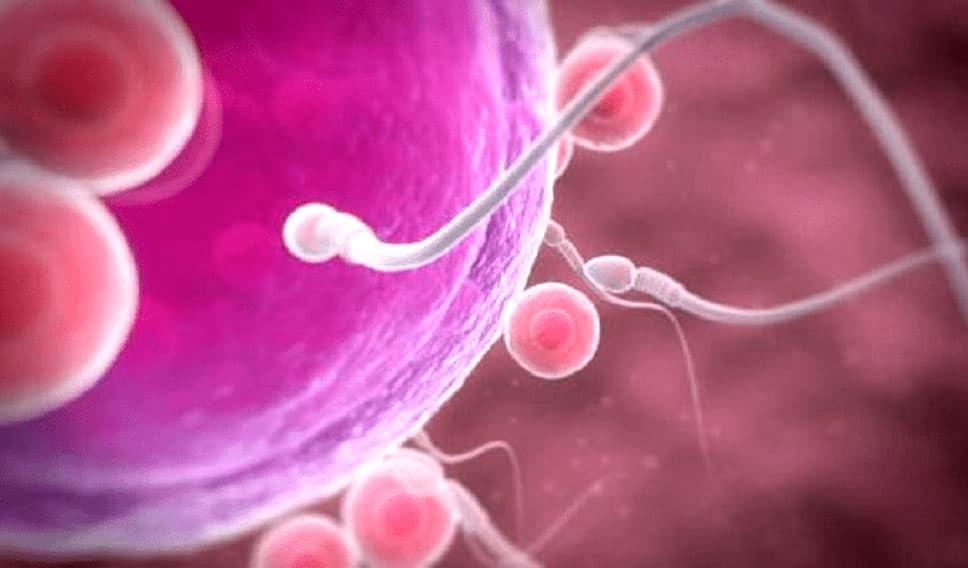
Seven percent of men have infertility, and artificial intelligence (AI) may soon be able to help address the problem. SpermSearch, developed by Dr. Steven Vasilescu and his colleagues, can detect sperm in samples taken from severely infertile men 1,000 times quicker than a highly trained pair of eyes.
The system is designed to assist the 10% of infertile men with no sperm in their ejaculate, a condition known as non-obstructive azoospermia (NOA). SpermSearch was 1,000 times faster than an experienced embryologist during a test.
Also Read: How Many Lungs Clearing Devices Are Available?
SpermSearch is not intended to replace embryologists but as a supplementary instrument. Time is of the essence when searching for sperm, and accelerating the process would be enormously advantageous.
Infertility continues to develop, as sperm concentrations have reportedly decreased by half over the past 40 years. The decline in male fertility is due to pollution, smoking, poor nutrition, insufficient exercise, and excessive stress.

Dr. Meurig Gallagher is another academic working to assist males with infertility issues; he employs imaging software to monitor the movement and velocity of sperm tails. Examen uses single-cell gel electrophoresis to detect DNA damage in individual sperm.
Also Read: Wrist Blood Pressure Monitor Accuracy
SpermSearch, according to Dr. Vasilescu, is the “last resort” for individuals with NOA, as it can be the difference between fertilizing an embryo and discontinuing treatment. The UTS team is now prepared to take their artificial intelligence to clinical trials, with a live pregnancy as the next step.
